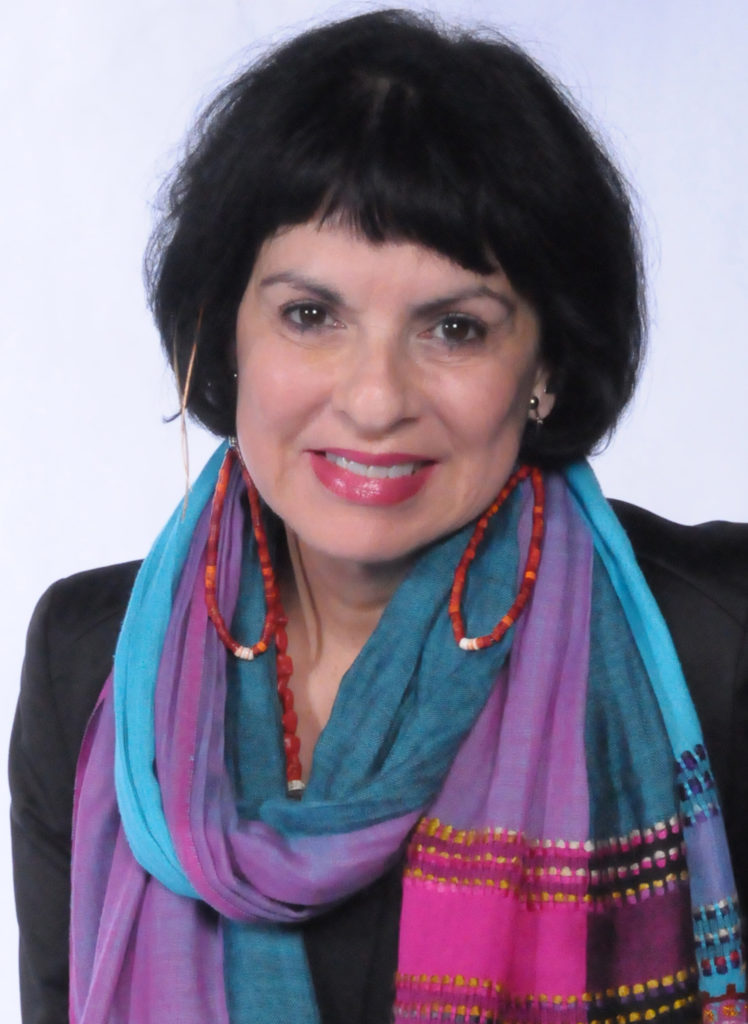Athens, Ga. – The Modern Language Association of America will award its first MLA Prize for Studies in Native American Literatures, Cultures and Languages to University of Georgia professor LeAnne Howe. Howe will receive the honor for her book, “Choctalking on Other Realities,” at a ceremony at the MLA annual convention Jan. 10 in Vancouver, British Columbia.
An international lecturer and scholar, Howe is an enrolled citizen of the Choctaw nation of Oklahoma. She is the Eidson Distinguished Professor of American Literature in the Franklin College of Arts and Sciences department of English and is the recipient of a Lifetime Achievement Award from the Native Writers’ Circle of the Americas, was a Fulbright Distinguished Scholar to Jordan and was named a United States Artists Ford Fellow. In addition to her scholarly output, she writes fiction, poetry, plays and creative non-fiction that deal with American Indian and Native American experiences.
“As a writer and scholar, the 2014 MLA Prize for Studies in Native American Literatures, Cultures and Languages is one of the most significant awards I’ve ever received,” Howe said. “I am truly honored that ‘Choctalking on Other Realities’ is considered to be in the same literary tradition of N. Scott Momaday’s ‘The Way to Rainy Mountain’ and Leslie Marmon Silko’s ‘Storyteller’ as their work is seminal for American Indian writers, critics and students of indigenous literatures.”
The MLA committee’s citation for “Choctalking on Other Realities” reads in part: “LeAnne Howe integrates high theory with travel narrative, personal reflection, humor and analysis to craft a formally innovative work of anticolonial literary and cultural criticism that teaches its audiences about the inner workings of indigenous epistemologies. As the inaugural winner of this new prize, Howe’s book sets a high standard by offering a field-defining study that is generative in its narrative performance of tribally based aesthetic and theoretical sophistication.”
Howe explains that “in the beginning of my writing life, I thought that stories could not be theoretical and theories were not stories. As I’ve matured as a writer and scholar, I’ve come to see them as doing the same work,” she said. “Both are efforts to explain the world. In Choctalking, I follow in the footsteps of my ancestors, world travelers, storytellers and theory makers in order to link one thing with another thing, one culture with another, that’s a tribalography. I’m fortunate to be continuing the journey at the University of Georgia with the wonderful colleagues here.”
For more information on the UGA English department, see www.english.uga.edu.
